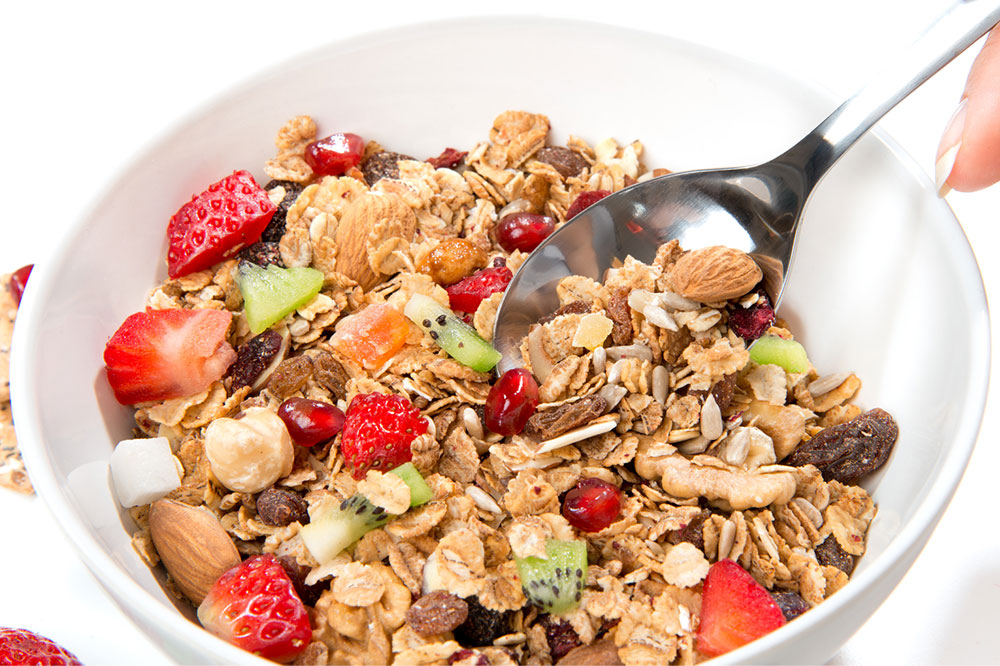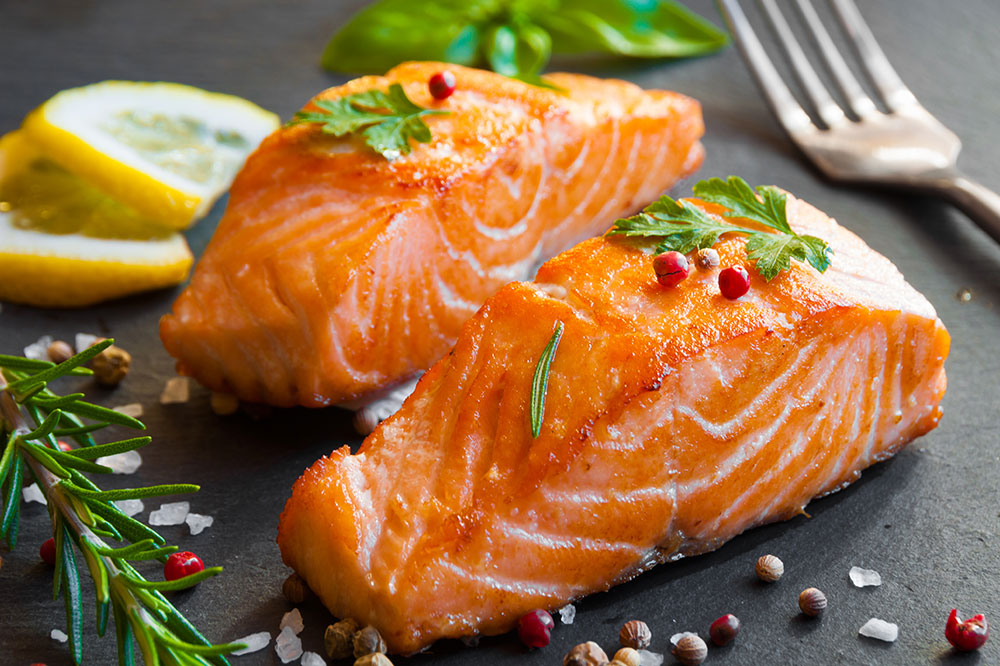Dietary Approaches to Support ADHD: Essential Nutrients and Foods
This article explores the impact of diet on ADHD, emphasizing the importance of protein, complex carbs, omega-3s, and vital vitamins. Proper nutrition can help manage symptoms and support brain health in children and adults.
The Connection Between Nutrition and ADHD Management
ADHD is a neurodevelopmental disorder marked by difficulty paying attention and impulsive behavior, typically evident from childhood. Experts agree that genetics and early brain development play key roles, not just parenting or behavior. Recent research suggests that diet can influence the severity of ADHD symptoms in both children and adults, highlighting the importance of proper nutritional strategies.

What we consume affects mental clarity and overall health. This article outlines essential dietary components that may help manage ADHD symptoms, stressing the need for fresh, additive-free foods for better cognitive support.
Protein-Enriched Foods
Proteins support brain function by aiding the production of neurotransmitters like norepinephrine and dopamine, which are crucial for focus and alertness. Incorporating adequate amounts of protein can help improve mental clarity.
Food sources include avocados, corn, oats, spinach, lentils, pumpkin and chia seeds, almonds, cashews, peanuts, black beans, chickpeas, dairy products like cottage cheese and Greek yogurt, broccoli, eggs, poultry, milk, and lean meats. Fruits such as berries, peaches, bananas, and dried fruits like prunes and apricots are also rich in protein.
Complex Carbohydrates for Balanced Energy
People with ADHD may tend to snack excessively or eat irregularly, which can lead to health issues. Consuming complex carbs offers sustained energy release, helping control mood swings and reducing impulsive eating. These foods promote fullness and stability throughout the day.
Include foods like brown rice, quinoa, barley, legumes such as lentils and chickpeas, whole grain bread and pasta, and fiber-rich vegetables like leafy greens, carrots, broccoli, and potatoes.
Omega-3 Fatty Acids for Cognitive Support
Omega-3s are essential fats found in fatty fish and seafood that support brain function. Many individuals with ADHD show deficiencies in these fats, which are linked to improved memory, focus, and motivation. Regular intake can boost cognitive health.
Sources include salmon, tuna, walnuts, chia seeds, and flax seeds. It's advisable to limit intake of high-mercury fish like shark and king mackerel to protect long-term brain health.
Key Vitamins and Minerals
Optimal brain function relies on a range of nutrients. Iron, zinc, magnesium, B vitamins, and vitamin D are particularly important, with vitamin B6 shown to enhance alertness and concentration, helping alleviate some ADHD symptoms.


